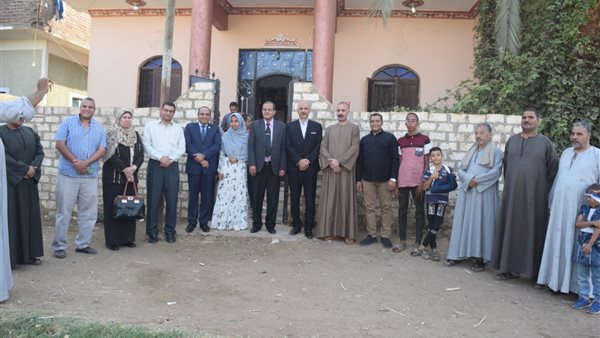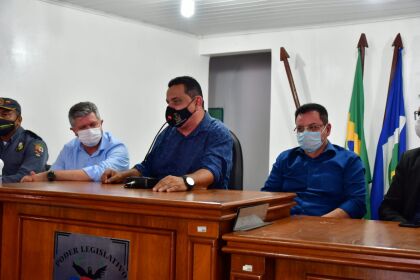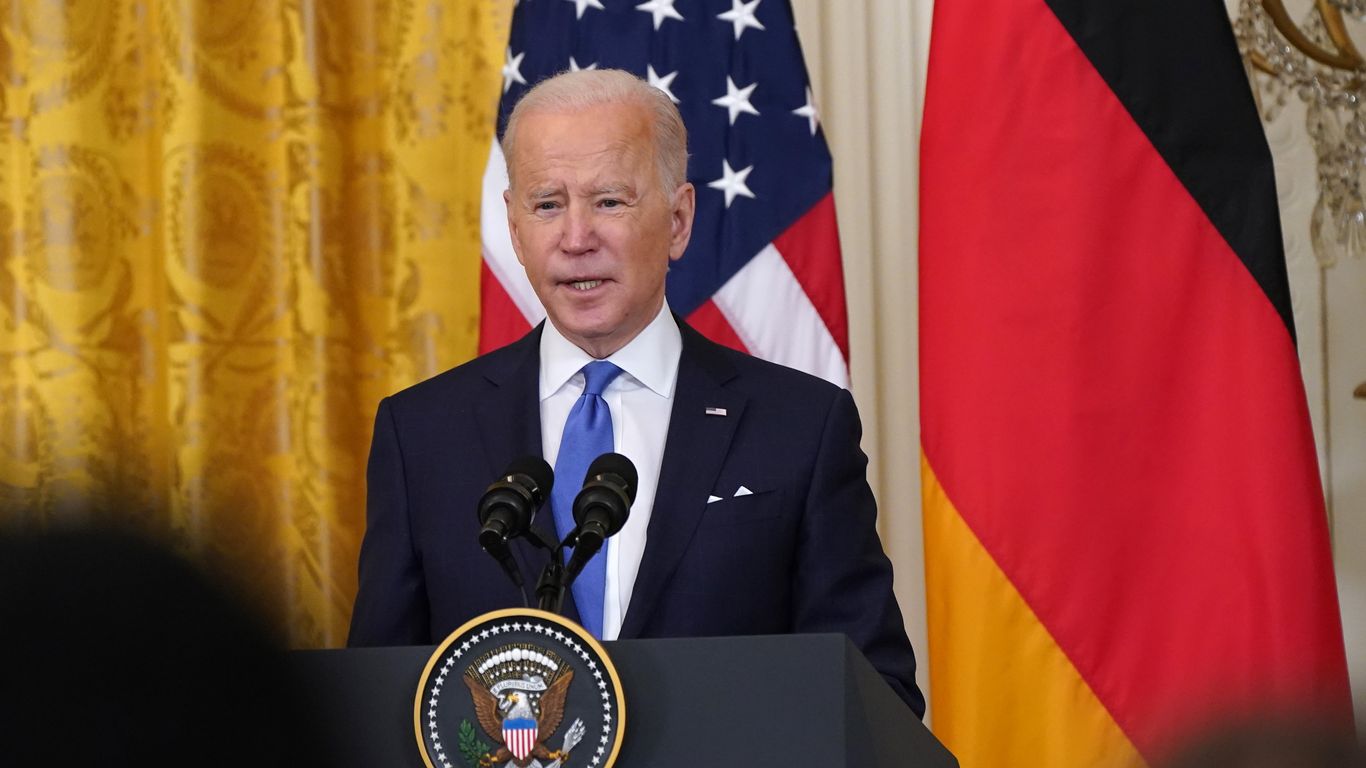The South Korean director Hong Sangsoo is both one of the most prolific and one of the most original directors in the world. He has made seventeen features in the past twelve years, and he owes his rapid output both to his original methods and to his naturally overflowing story sense. His new film, “Introduction,” embodies his economical practice in its spare surfaces—and it reflects his profuse dramatic sensibility in the stories teeming beneath its surfaces. Working with small crews and minimal budgets allows him to work quickly, at the speed of thought. (On “Introduction,” he directed and produced, wrote the script, did the cinematography and the editing, and even composed the music.) Unencumbered by equipment and personnel, he writes his stories in the course of the shoot and often allows his actors great latitude with the material while the camera rolls. In “Introduction,” he turns his pliable ironies to a new and mighty theme, the bitter clash of generations—the fury of young love and the inevitable misunderstandings and missteps that result from parents’ indifference and involvement.
Hong isn’t a minimalist but a tip-of-the-iceberg-ist, and “Introduction,” which opens Friday at Lincoln Center, is, in its methods, one of his most extreme. It runs a mere sixty-five minutes; it has only nine characters, seen in small groups from two to four, in intimate settings, where they mostly sit and talk, except when they stand and talk, and talk and talk, telling stories of their past and disclosing their plans, thereby bringing crucial background events into the foreground and evoking vast dramas in pointed details. The action spans two continents and several years; it packs in an extraordinary number of life-changing events for its young protagonists. Most of those changes happen offscreen, as the drama onscreen registers the overwhelming force of those changes, seismographically, in the course of their daily lives.
“Introduction” is centered on a young couple in a South Korean city: two students whose paths are about to diverge. At the outset, Young-ho (Shin Seok-ho) is walking with his girlfriend, Ju-won (Park Mi-so), en route to a stressful meeting with his estranged father (Kim Young-ho), a wealthy doctor who has summoned the young man to his office in the hope of a reconciliation. Soon thereafter, Ju-won goes to study in Berlin—her mother (Seo Young-hwa) has a longtime friend (Kim Min-hee), an artist, who lives there alone and has invited her to move in. Distraught at the separation, Young-ho decides to ask his father for the money to study in Berlin, too. He is planning a career as an actor, but, when he seeks to change his plans, his mother (Cho Yun-hee) summons him to a seaside restaurant to set in motion her own plan to keep him on the straight and narrow career path.
The movie is set in three big sequences, each numbered onscreen, pared down, and sharply limited in its locations, suggesting three distinct parts of the shoot, each of which looks like it took just a few days of work. To avoid spoilers, I’ve left out some of the participants in the intertwining plots and counterplots, some of the surprising encounters that ensue, some of the leaps in time that the characters’ dialogues—and even a dream sequence—fill in. What remains a constant is the many nuances of anguish and conflict that come to the fore in apparently amiable and placid circumstances—and the intense emotion that irrationally bursts out, even in casual expressions and offhanded gestures, during the ordinary encounters of family, friends, and lovers.
The doctor’s office is where, in the effort to reconcile, the estrangement plays its terms out again, as Young-ho is kept waiting both by his father’s professional demands and by the arrival of his father’s friend, a famous actor (Gi Ju-bong). Young-ho approaches his father—who’s sentimental yet ultimately indifferent—with an indifference to match. Hoping to milk his father for cash, Young-ho speaks derisively of him to Ju-won, telling her scathingly, “Greed for money is bottomless.” Yet his devotion to his mother is tempered by the fact that she doesn’t have money; her power and her authority are diminished in his own yearning and demanding eyes. If the temperamental actor proves to be one kind of accidental role model for Young-ho, the Berlin-based artist proves to be a willing and welcoming one for Ju-won, even if it’s unclear that this benevolent host is doing her any favors, as the law of unintended consequences imposes itself with whiplash power.
That power reveals the young couple’s romance to be tenuously conditional, tethered to the steel threads of practical circumstances and the new rounds of chance and opportunity that they bring. What comes through, above all, is stifled rage—decades of misunderstandings and missed connections, children who are desperately needy, parents whose best efforts for their children—or their lack of effort—lead equally to frustration, confusion, contempt, and, ultimately, their children’s basic indifference as they struggle to find their own place in the world. In Hong’s world, it’s the artists who can give their turmoil and their rage voice and form—and in the process do their part, for better or worse, to influence the younger generation.
This is a world of bonds so taut that they leave scars. Yet Hong films with a restrained precision, in a manner so reserved and spare that there almost seems to be nothing to it. The movie includes only about thirty shots, some of which run two minutes or more, which Hong, doing his own camerawork, parses and punctuates with crisply assertive pans and zooms. The movie is shot in black-and-white (like such other language-centered new movies as “C’mon C’mon,” much of “The French Dispatch,” and “The Tragedy of Macbeth”), yet there’s little that seems casual or relaxed in its discursive tone. Hong’s strategies burst quickly from the observational to the analytical; he doesn’t so much develop or build characters but rather a world of emotions and ideas. (A through line in Hong’s work is South Koreans travelling to the West for study, work, or escape, and the scrutiny of Korean mores and manners in the light of that experience, especially regarding gender roles and romantic relationships.) His films are filled with bold and decisive action—taken mostly offscreen and only by implication—that distills his characters into archetypes and lends their incidental connections and intimate troubles an overarching, poignant grandeur.
“Introduction” has a peculiar, distinctive place in Hong’s copious œuvre. It’s not as immediately, deeply moving or profoundly reflective as “The Woman Who Ran.” It doesn’t have the fascinatingly overt intricacy of “Hill of Freedom” or “HaHaHa,” or the wry and reflexive cinema-centricity of “Claire’s Camera” (starring Isabelle Huppert and set at the Cannes Film Festival) or “Oki’s Movie.” But its clarity and simplicity—and the outrageous, nearly humorous audacity with which its brisk mysteries conjure wide-ranging, complex, and turbulent stories—makes it among Hong’s most compulsively rewatchable films.
Note: This article have been indexed to our site. We do not claim legitimacy, ownership or copyright of any of the content above. To see the article at original source Click Here












